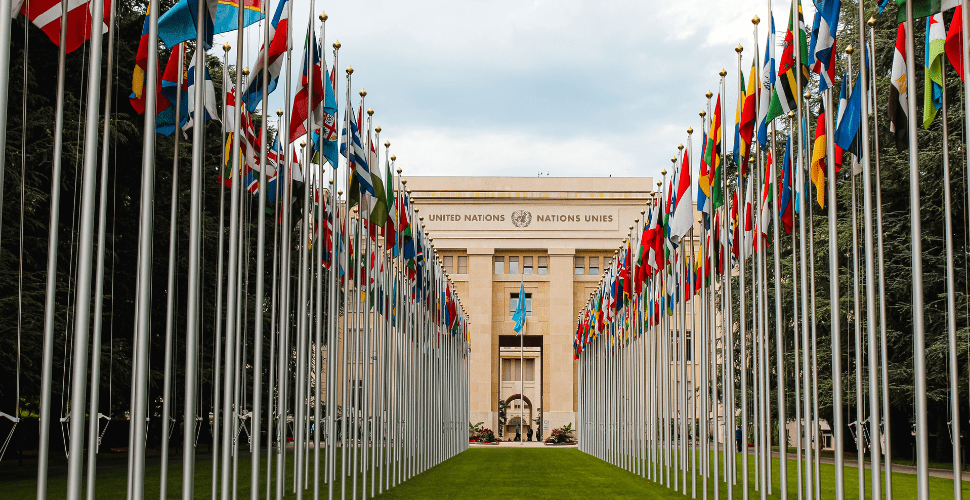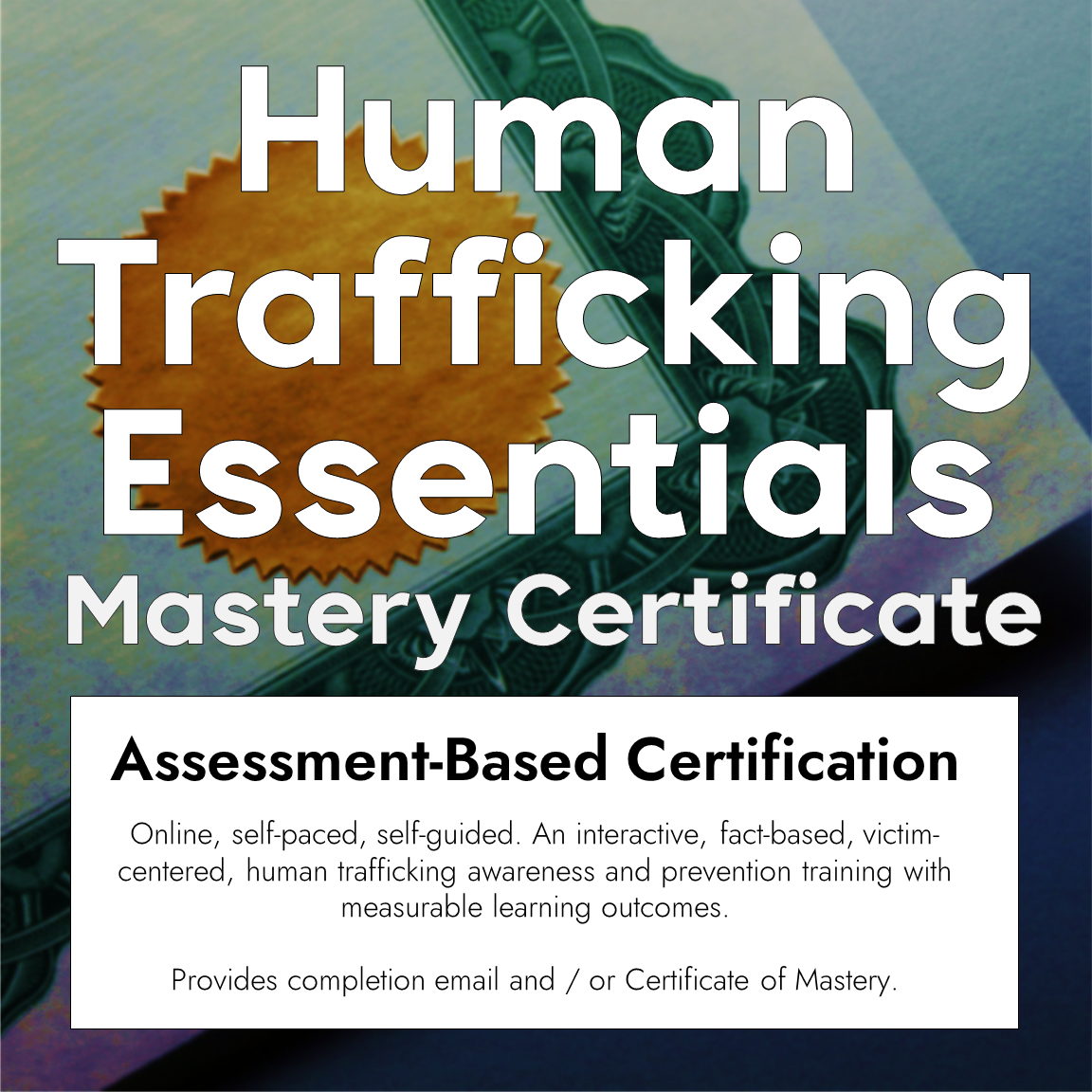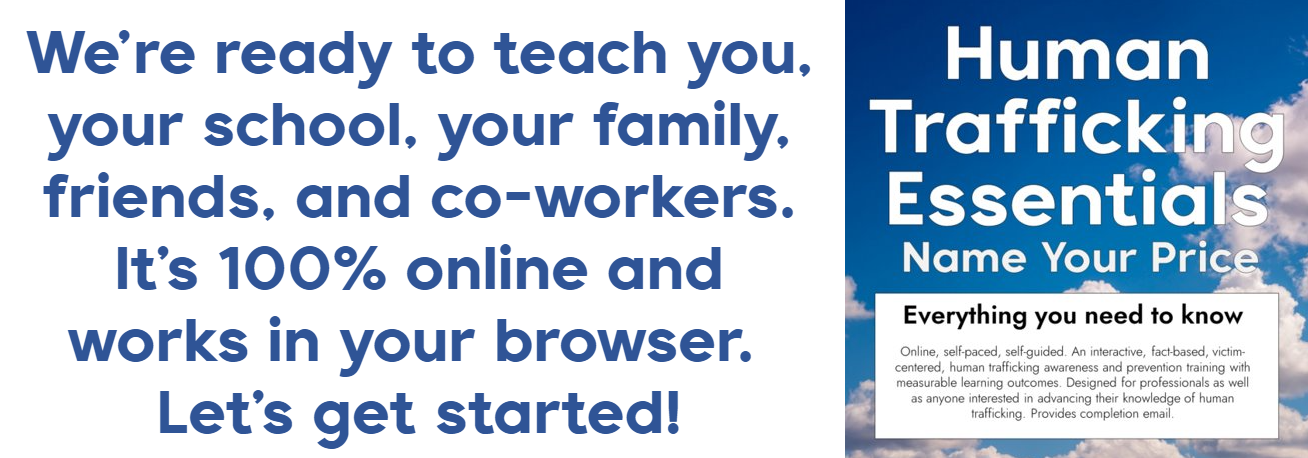U.N. report calls U.S. prison labor system ‘contemporary slavery’

A recent report published by United Nations human rights experts denounces the prevalence of “contemporary slavery” within the U.S. prison system.
The report, a result of a comprehensive investigation following the experts' visit to the U.S. earlier this year, reveals the harrowing realities of forced labor, shocking prison conditions, and systemic racism that plagues American correctional institutions.
Sharing stories of persons locked in solitary confinement for a decade or longer, children sentenced to life imprisonment, and pregnant women subjected to shackles during childbirth, the report called U.S. prisons practices “an affront to human dignity.”
The U.S. has yet to respond.
“A contemporary form of slavery”
The official country visit by the U.N. International Independent Expert Mechanism to Advance Racial Justice and Equality in the Context of Law Enforcement (the Mechanism) brought to light a deeply unsettling revelation.
The Mechanism is astonished by evidence stating that this access to free or almost free Black work force, through free or poorly paid prison forced [labor], exists to this day in the United States, constituting a contemporary form of slavery. Further, it received information stating that workers in prison are assigned hazardous work in unsafe conditions without the training or protective gear needed, and, if they refused to work, even for a medical condition or disability, they are punished accordingly.
The report noted the “plantation-style” prisons in Southern states, such as the sprawling Louisiana State Penitentiary, known as Angola. “The plantation prison soil worked by incarcerated [labor] today is the same soil worked by slaves before the civil war.”
Slavery and systemic racism
The report asserts that racism in the U.S., tracing its roots from slavery, the slave trade, to a century of legalized apartheid following slavery's abolition, persists today. The legacy manifests as racial profiling, police violence, and other human rights violations perpetuated in the criminal justice system.
The report states that, “Black people are the most incarcerated and most criminally supervised persons in the United States.”
Hassan Kanu in Reuters shares,
The U.S. “is the only country in the world that sentences children to life without parole,” for example, the panel wrote in the report. Worse still, data shows that 62% of juveniles serving life without parole are of African descent.
Those kinds of disparities also are reflected in the available data about virtually all of the most appalling rights abuses, including mistreatment of pregnant women, use of “incommunicado detention” – false arrests that are not officially acknowledged, often accompanied by other ill treatment – and forced, unpaid labor.
A call for change
The report outlines more than thirty recommendations to the U.S., including ending forced labor in prisons and ensuring the labor rights of incarcerated workers.
For years, the Freedom United community has been calling for an end to forced prison labor in the U.S. Join the movement and sign our petition to remove slavery from the U.S. constitution.
This “Eyes on Trafficking” story is reprinted from its original online location.
Fair Use Notice: The PBJ Learning Knowledge Vault is dedicated to advancing understanding of various social justice issues, including human trafficking and related topics. Some of the material presented on this website may contain copyrighted material, the use of which has not always been specifically authorized by the copyright owner. We are making such material available in our efforts to promote education and awareness of these important issues. There is no other central database we are aware of, so we put this together for both historical and research purposes. Articles are categorized and tagged for ease of use. We believe that this constitutes a ‘fair use' of any such copyrighted material as provided for in section 107 of the US Copyright Law. In accordance with Title 17 U.S.C. Section 107, the material on this site is distributed without profit to those who have expressed a prior interest in receiving the included information for research and educational purposes. For more information on fair use, please visit: “17 U.S. Code § 107 – Limitations on exclusive rights” on Cornell Law School's Legal Information Institute.

ABOUT PBJ LEARNING
PBJ Learning is a leading provider of online human trafficking training, focusing on awareness and prevention education. Their interactive Human Trafficking Essentials online course is used worldwide to educate professionals and individuals how to recognize human trafficking and how to respond to potential victims. Learn on any web browser (even your mobile phone) at any time.
More stories like this can be found in your PBJ Learning Knowledge Vault.
EYES ON TRAFFICKING
This “Eyes on Trafficking” story is reprinted from its original online location.
ABOUT PBJ LEARNING
PBJ Learning is a leading provider of online human trafficking training, focusing on awareness and prevention education. Their interactive Human Trafficking Essentials online course is used worldwide to educate professionals and individuals how to recognize human trafficking and how to respond to potential victims. Learn on any web browser (even your mobile phone) at any time.
More stories like this can be found in your PBJ Learning Knowledge Vault.

